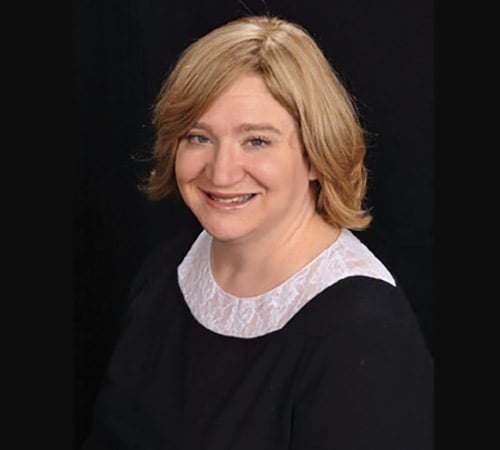
When children go to an overnight camp for the first, second or even the fourth time, they are excited and prepped for an array of new experiences. Camping, for many observant children, provides an exhilarating opportunity to learn, study and recreate in an entirely unique environment, with different inspirations, different friends and different social structures from the rest of the year.
Camping, also, is often the first time a child is away from his/her parents for any length of time, and the first time having to share space with people outside the immediate family. Therefore, it’s important for parents to have plans in place to discuss appropriate and inappropriate behavior with their children, including peer pressure, bullying and abuse risks, before they get on the bus and depart for their summer adventure.
“I think the most important thing is that parents have a conversation with their kids about what they can and should expect in terms of privacy, personal space and appropriate touch,” said Bergenfield’s Sara Diament, who published a book in 2014 called, “Talking to Your Children About Intimacy: A Guide for Orthodox Jewish Parents.” As part of this conversation, Diament stressed, it is important to brainstorm to identify a specific adult staff member, such as a nurse or camp parent, that the child can and should always go to if a problem develops. The child should go to camp knowing that staff person’s name.
“Conversations don’t always prevent an initial incident, but the most important part of the conversation is to have the child identify a person with whom they can speak about their concerns or discomfort. The child needs to know that if, at any point, any person at camp, be it a fellow camper or staff member, makes them feel uncomfortable in any way, they should go to the identified adult and discuss the problem,” she said.
Diament added that while different camps have different rules about calling parents, “kids should feel empowered to tell staff they have to contact their parents immediately if they feel the need,” she said. “While the content of the pre-camp conversation is important, most important is the fact that the parents have initiated it, so the child knows what to do if s/he [is] faced with an uncomfortable situation, and feel confident about speaking out,” she said “If a child does not have clarity regarding appropriate boundaries, the confidence to speak out or the knowledge that there’s someone they can always go to, then they’re at risk.”
“Pranks at camp are common, but that doesn’t mean that they are always okay. If you’re showering or getting dressed and people are being invasive, it’s not funny,” Diament said. “It’s important to encourage children to trust their instincts.”
Diament added that, for younger children, a valuable picture book to read together on these topics is “Let’s Stay Safe.” Developed by Rabbi Yaakov Horowitz and Project Y.E.S. as part of its Karasick Child Safety Initiative, the book presents essential lessons in safe and unsafe behavior, including staying away from strangers, personal safety and safety in the home and neighborhood.
“Let’s Stay Safe” is available at http://www. artscroll.com/Books/safeh.html. Diament’s book is available at Amazon here: http://tinyurl.com/ycp37ksx. Diament, who works in the field of education and professional development, said her book’s core focus is as a starting point for people to understand how to talk to children about healthy intimacy, though she does touch on abuse prevention at the end.
A version of this article was published in The Jewish Link of New Jersey on June 19, 2014.
By Elizabeth Kratz









